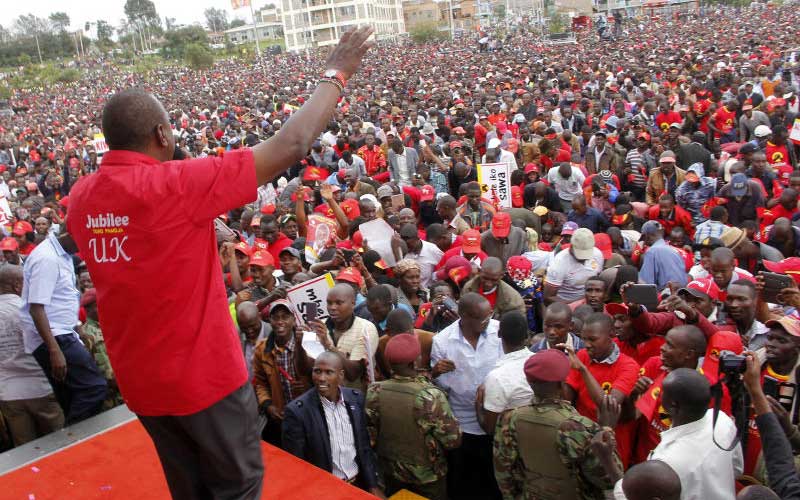×
The Standard e-Paper
Fearless, Trusted News

President Uhuru Kenyatta outlined four pillars that would be the focus of his leadership in his final term.
Known as the Big Four 4 agenda, they comprise food security, affordable housing, manufacturing and universal healthcare.